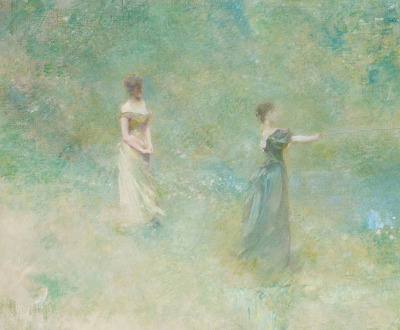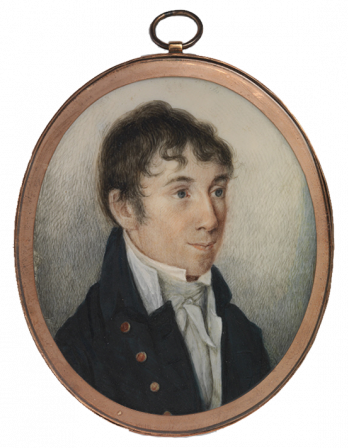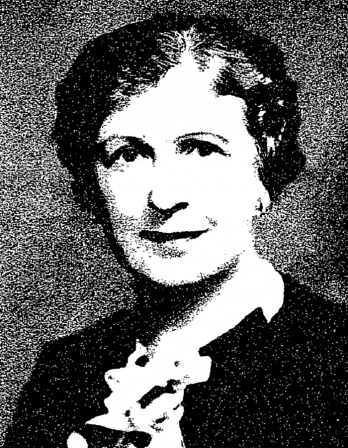Miscellany
In 1961 Mary Ingraham Bunting established the Radcliffe Institute for Independent Study, a research center for women with PhDs or “the equivalent” in creative achievement who had been forced to leave academia and the workforce. A 1960 brochure advertising the program warns that “this sense of stagnation can become a malignant factor even in the best of marriages,” but that women no longer need be “crusaders and reformers” because “the bitter battles for women’s rights are history.”



